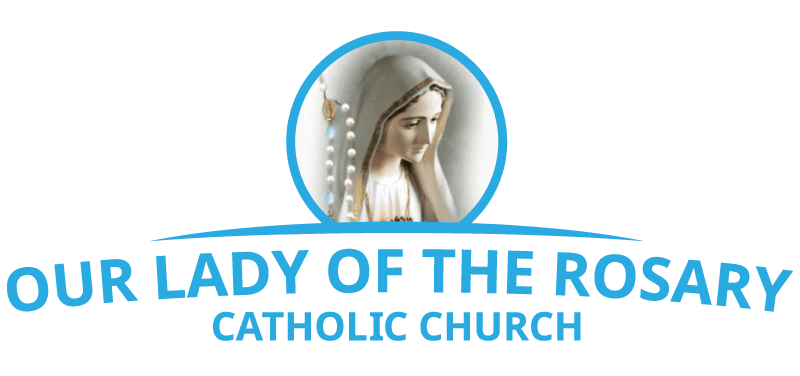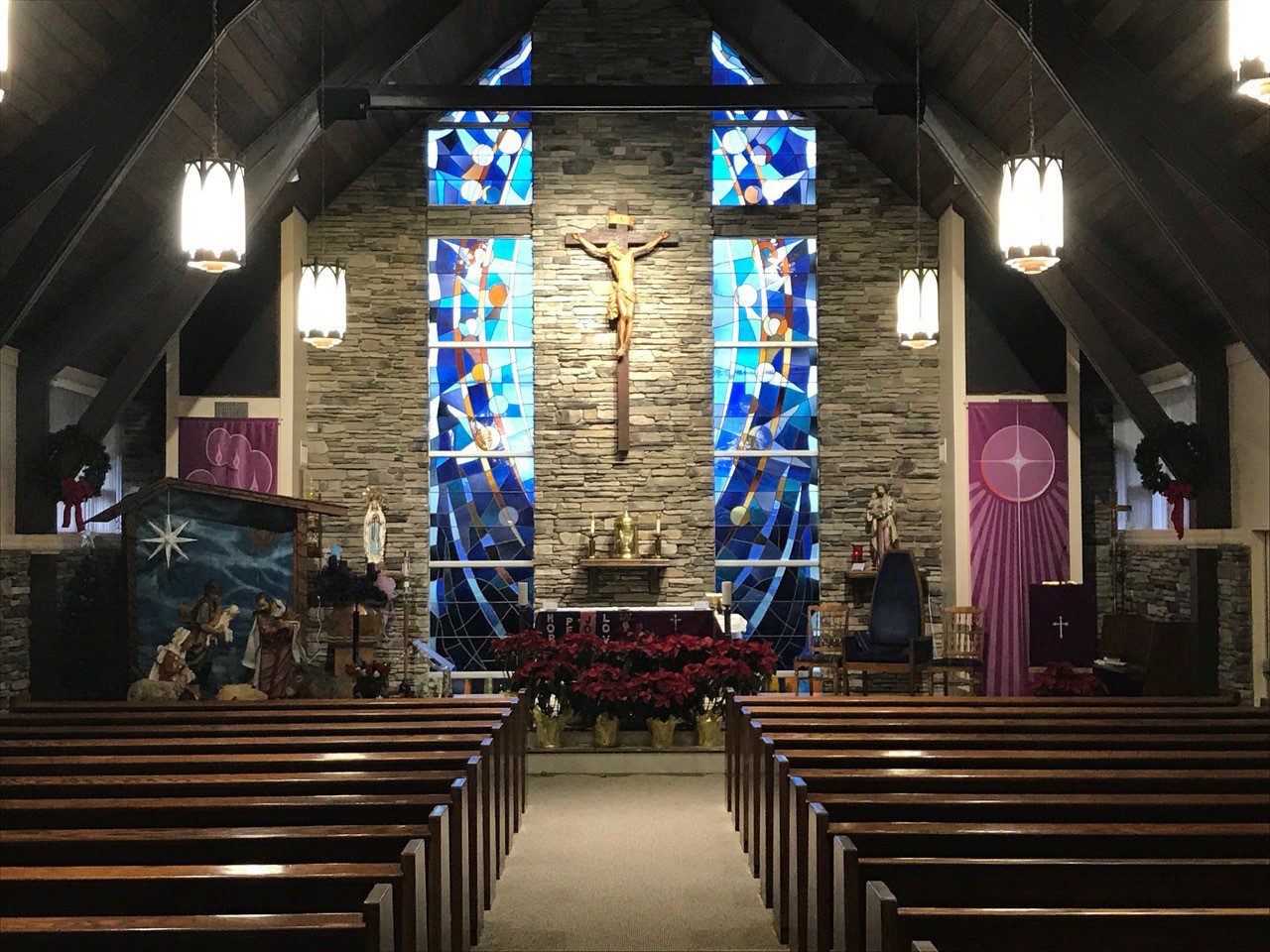Parish Pastoral Council
The Pastoral Council shall be a consultative body whose policies and decisions require the authority of the pastor to become effective. Its function is established under the Pastoral Council guidelines of the Diocese of Charlotte.
In responding to the Lord who has called the parish to be a community of faithful disciples, council members are challenged to ongoing renewal through prayer, study, listening, and dialogue. In working with the pastor to develop priorities and directions for the parish, the council is to become the means of achieving full participation by the whole parish community in its mission by giving all a voice in assisting the pastor in his guidance and direction of parish life.
RESPONSIBILITIES
The goal of the Parish Pastoral Council is not simply to serve the members of the parish, but to work with the pastor to develop a common vision and purpose, actively advocate for the poor and the powerless, and extend Christian commitment to the surrounding neighborhoods and communities. Toward that end, a statement of mission for the parish community is orchestrated by this body and becomes the reference point for activity in the parish.
In addition, the council’s responsibilities will also include ways:
1. To provide a structured way for laity, religious, and priests to coordinate, encourage, promote, and participate in the apostolic and spiritual work of the parish.
2. To provide recommendations for parish priorities, directions, and policies through pastoral planning;
3. To promote communication, understanding, and collaboration among parish organizations and between the parish, the Diocese, and the universal Church.
4. To provide a continuous and integrated survey of the spiritual and temporal needs of the parish and the community. They should work closely with the pastor to develop and implement programs aimed at meeting these needs.
5. To serve as a permanent structure for constructive dialogue among priests, religious, and laity of the parish so that all can work in close cooperation as a truly Christian community, in fulfilling the mission of Christ.
6. To show by example how the total parish community, working together, can promote the Kingdom of Christ and proclaim His Gospel.
Individuals from the parish are eligible to serve on the Pastoral Council but must be:
1. Selected in accord with the norms outlined within the diocesan guidelines.
2. Baptized and confirmed Roman Catholics in good standing with the Church;
3. Registered and supporting members of the parish;
4. Participants in parish life;
5. In possession of an understanding of and commitment to the Church in accord with the principles of Vatican II;
6. Committed to prayer, study, listening, and dialogue; and
7. Committed to giving the time needed for participation.
MEMBERSHIP
The members of the council shall be the pastor and the lay selected (or appointed) members of the parish. All are voting members except the pastor. Permanent deacons and commission chairs are ex-officio members and, as such, have no vote.
TERMS OF OFFICE
1. Each elected member shall serve a term of three years with the exception that the original members shall serve terms varying from one to three years as determined by lot. Of the original elected members, one third shall serve one-year terms, one third shall serve two-year terms and one third shall serve three-year terms.
2. Terms of all members shall begin with the next meeting following their selection.
3. Members may be selected to no more than two consecutive terms.
METHOD OF SELECTION AND ELIGIBILITY
A primary value for membership of a Parish Pastoral Council is that the council be a true reflection of the parish community. Insofar as possible, the council should reflect parish membership. Members should be inclusive of the demographic realities of the community (e.g., minorities, the aged, persons with disabling or handicapping conditions, etc.) This does not mean that members represent a particular constituency, but rather that the council should reflect the diversity of the parish in terms of age, race, length of membership in the parish.




